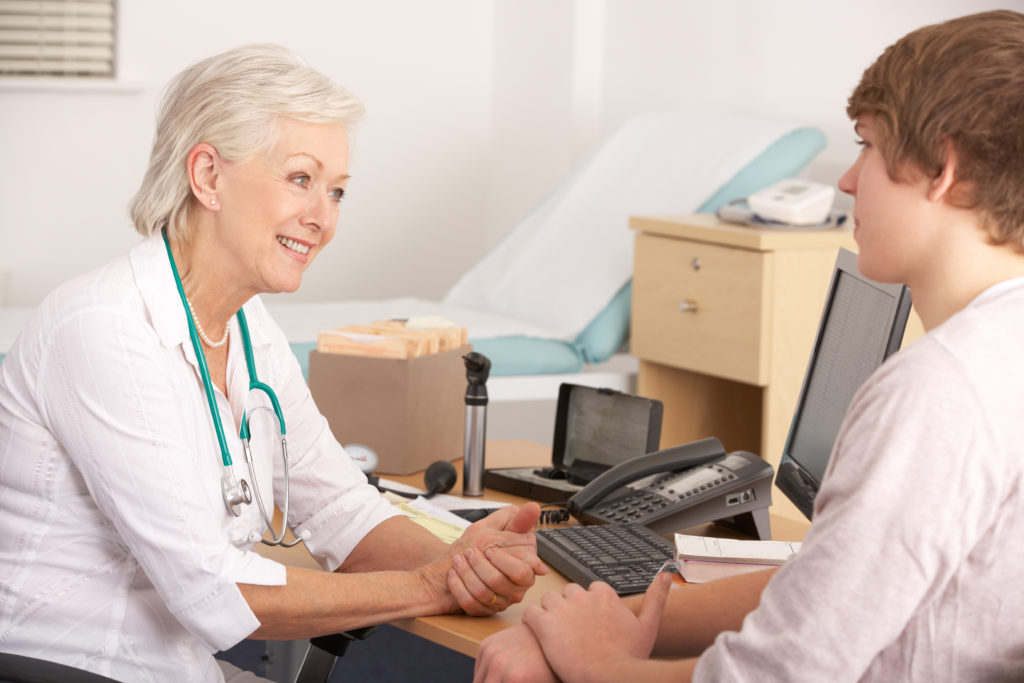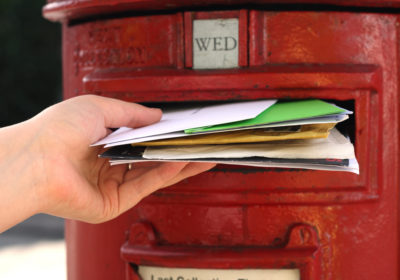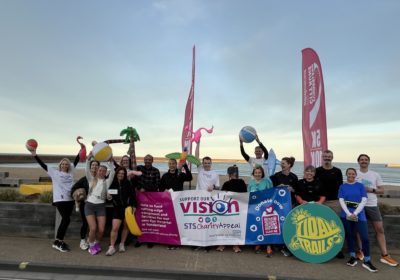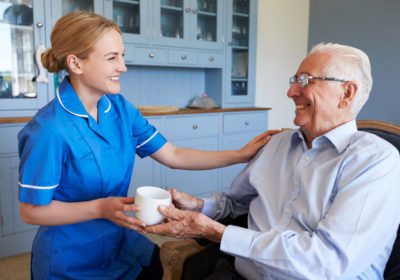Less than half said when they contacted their GP practice they felt their reason for getting in touch was handled with the appropriate care and attention.
Healthwatch commissioned MMC Research and Marketing Ltd to survey residents and hold follow-up focus groups to understand how easy or difficult it is to access GP services and patients’ experience of waiting times.
The research also set out to evaluate how the legacy of COVID-19 is impacting care, particularly in terms of face-to-face vs virtual appointments, to understand how waiting times for different procedures are impacting patients and identify whether other healthcare support is offered in the interim.
A range of patients participated in the research, some with very frequent GP requirements and some with less regularly health needs. Most respondents in the quantitative survey attended the GP every three to 12 months.
The majority of the 181 adult respondents to our online survey felt that their needs are not currently met in terms of access to appointments or customer service. A follow-up focus group was held with eight GP practice patients who had taken part in the ten-minute online survey to discuss their experiences of GP access.
Only a third (34%) said they found it easy to make an appointment to see a doctor or nurse in person, while less than half (49%) said when they contacted their GP practice they felt their reason for getting in touch was handled with the appropriate care and attention.
One patient who gave up and opted instead for using the 111 service said: “I’ve tried ringing and making an appointment for a UTI because I knew the symptoms. I’ve had it plenty of times before, but the appointments they kept giving me were like two or three weeks down the line. So, I had to call 111 and then get myself checked out at the A&E, and they gave me antibiotics straightaway.”
Another respondent had enjoyed a more positive experience using an NHS app: “I wanted to talk about Patient Access. Because I’ve now had that system on my mobile phone for about three years, and I’ve found it very simple to use, very quick, very efficient, and so I haven’t had to call a GP about an appointment. I think it’s an amazing system that all the GPs should have.”
Many survey participants gave examples of GP staff lacking in empathy, not listening to their concerns and even rudeness.
One wrote: “We do expect it to take a while [to get through on the phone], but then to be greeted with so many hurdles after that. I also expect to be treated with kindness and compassion and empathy, and to be treated like a human being, and I expect that person to treat me with respect because I’m the one who’s not okay…To then be treated like crap I think is a massive hurdle. And it kind of makes you go ‘Forget it, I’ll deal with it myself’ and then it just gets worse.”
Another said: “They’re not taking any notice of you whilst you’re in there. So they’re not listening, and you feel like you’re not being heard, and I think that’s the biggest critical point of it. It’s like you’re being put on some sort of conveyor belt. They’re very, very impersonal at the moment, very.”
 Healthwatch has published a report in response to the research findings making a series of recommendations to primary care commissioners and practice managers:
Healthwatch has published a report in response to the research findings making a series of recommendations to primary care commissioners and practice managers:
- Improve receptionist/care navigator training to include more empathy for patients and a higher level of customer service even when phone lines are busy and staff are under pressure.
- More investment in functionality, communication of, and user support for patient access apps and other ways to more easily make non-urgent appointments, request repeat prescriptions and check test results.
- Consider investing in better telephone queue technology to make phoning the surgery easier and reduce the likelihood of being disconnected before getting to the front of a long queue. e.g. callback services.
- Provide more choice and clarity over appointment types, e.g. nurse vs doctor, telephone vs face to face vs video call, appointment vs app vs pharmacist advice / prescriptions.
- Work with patients as partners: patients appreciate that the NHS is under pressure and GPs are not always able to provide the level of service they would like. Frustrations would be minimised by providing more information to patients about the situation at individual practices in terms of likely waiting time to get through on the phone, likely wait for an appointment and appointment methods/alternatives.
Arthur McKean, Interim Chair of Healthwatch South Tyneside, said: “The emotional impact of long appointment waiting times and negative GP access experiences can be significant and casts a shadow over expectations and perceptions of the whole NHS.
“Patients can become resigned to not getting quick treatment, referrals or reassurance which means they are more likely to delay getting medical attention next time they need it until their symptoms are much worse.
“When patients feel involved in their own care and feel the GP surgery is invested in their personal wellbeing, they are more likely to stay in a positive mindset and also be more accepting of longer waiting times and other challenges accessing a GP.”
The full report can be downloaded here.
If you would like to tell us about your experiences of GP access, or any other aspect of health and social care services in South Tyneside, contact us at info@healthwatchsouthtyneside.co.uk or call 0191 489 7952.






